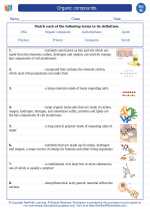Medical Ethics
Medical ethics is a branch of ethics that deals with moral principles and values in healthcare. It encompasses the moral principles and values that guide healthcare professionals in making decisions and providing care to patients.
Key Concepts
- Autonomy: This principle emphasizes the right of the patient to make their own decisions about their healthcare, including the right to refuse treatment.
- Beneficence: The principle of doing good and acting in the best interest of the patient.
- Non-maleficence: The principle of doing no harm to the patient and avoiding actions that could cause harm.
- Justice: This principle emphasizes fairness and equality in the distribution of healthcare resources.
- Veracity: The principle of truth-telling and honesty in the patient-provider relationship.
Case Studies
Consider the following case studies and reflect on the ethical principles involved:
Case Study 1: Informed Consent
A patient is diagnosed with a serious illness and needs to undergo a complex surgical procedure. The healthcare provider fully informs the patient about the risks, benefits, and alternatives to the procedure, and the patient decides to proceed with the surgery.
Case Study 2: Resource Allocation
In a healthcare facility, there is a limited supply of a life-saving medication. The healthcare team needs to decide which patients will receive the medication, taking into account factors such as severity of illness, prognosis, and potential benefit from the medication.
Study Tips
To effectively study medical ethics, consider the following tips:
- Understand the key ethical principles and how they apply to different healthcare scenarios.
- Review case studies and analyze how ethical principles can guide decision-making in healthcare settings.
- Stay updated on current ethical issues and debates in the field of medicine and healthcare.
- Engage in discussions and debates with peers to deepen your understanding of medical ethics.
- Consider real-world examples and news articles related to medical ethics to gain practical insights into the application of ethical principles in healthcare.
[Medical Ethics] Related Worksheets and Study Guides:
.◂Science Worksheets and Study Guides Eighth Grade. Organic compounds
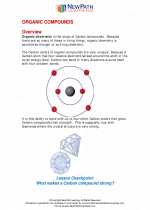
 Worksheet/Answer key
Worksheet/Answer key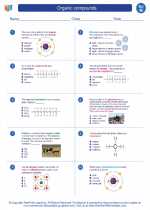
 Worksheet/Answer key
Worksheet/Answer key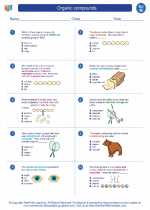
 Worksheet/Answer key
Worksheet/Answer key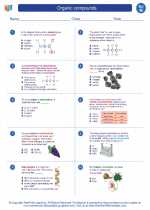
 Vocabulary/Answer key
Vocabulary/Answer key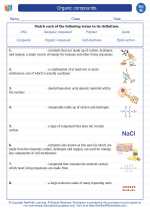
 Vocabulary/Answer key
Vocabulary/Answer key